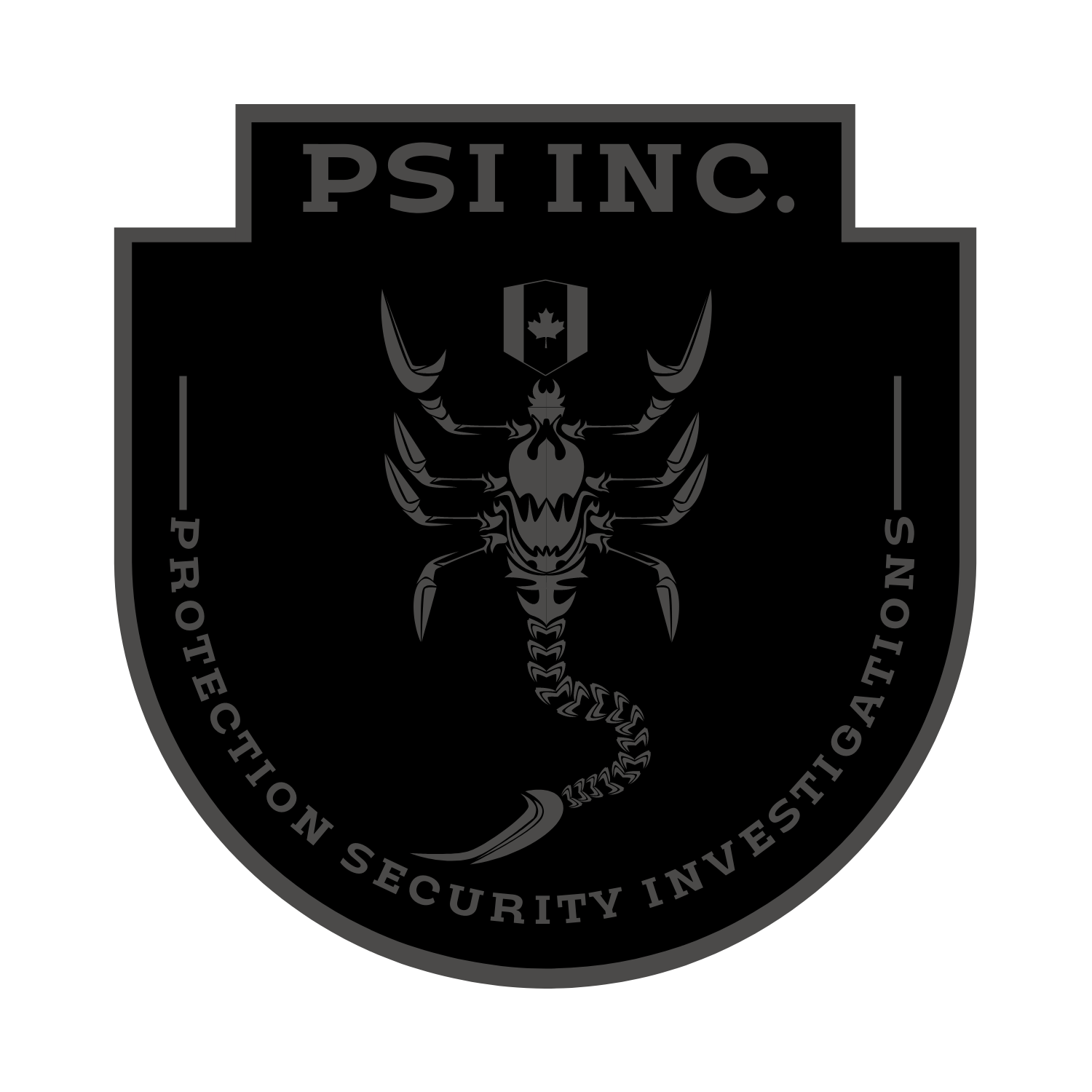Workplace Emergencies: Preparedness and Response Strategies
Mastering Crisis Management: A Guide to Workplace Emergency Preparedness
The unpredictability of emergencies demands a proactive stance from businesses to safeguard their most valuable asset—people. Understanding the multifaceted nature of workplace emergencies is not just prudent; it's imperative for ensuring safety and resilience.
Decoding Workplace Emergencies
Recognizing Potential Crises
Workplace emergencies are not confined to one shape or form—they span from the wrath of natural disasters like earthquakes and floods to the chaos of human-induced events such as fires, chemical spills, and active security threats.
Embracing Preparedness
Grasping the criticality of emergency readiness propels organizations to act—fostering a culture of safety and vigilance.
Blueprint for Emergency Preparedness
Strategic planning is the cornerstone of any robust emergency management protocol.
Conducting Thorough Risk Assessments
Identify and evaluate the unique risks that could impact your operations. A tailored risk assessment forms the backbone of a solid emergency action plan.
Assembling a Skilled Response Team
Select and train a dedicated team, equipped with clear roles and responsibilities, ready to lead when disaster strikes.
Crafting Clear Communication Channels
Forge communication pathways that stand unshaken during crises, ensuring crucial information flows uninterrupted to those who need it.
The Art of Emergency Response
When crisis looms, the difference between chaos and control lies in the preparedness of your response.
Designing Effective Evacuation Routes
Tailor evacuation strategies to the unique blueprint of your premises, ensuring a clear path to safety for all.
Prioritizing Medical Readiness
Establish comprehensive medical response protocols that include first-aid readiness and accessible medical supplies.
Committing to Drills and Education
Strengthen the emergency muscle memory of your team with regular drills and in-depth emergency training.
Championing Employee Safety
In the face of danger, the protection of employees is not negotiable.
Ensuring Informed Calmness
Maintain an informed workforce, reducing uncertainty and fostering a composed environment during emergencies.
Catering to Every Individual
Adapt your emergency procedures to accommodate all employees, including those with special needs, guaranteeing no one is left behind.
Evaluating and Perfecting Your Strategy
A dynamic emergency plan is never static—it evolves through rigorous testing and refinement.
Learning from Practice Scenarios
Deploy mock drills to stress-test your emergency protocols and sharpen your team's reflexes.
Fostering a Feedback Culture
Encourage feedback and engage in continuous improvement to elevate your emergency preparedness to excellence.
The mandate is clear: emergencies wait for no one. By recognizing threats, readying teams, and instilling a safety-first mindset, businesses can stand resilient in the face of unforeseen challenges. Prepare to protect, and train to triumph—your proactive steps today define the security of tomorrow.

